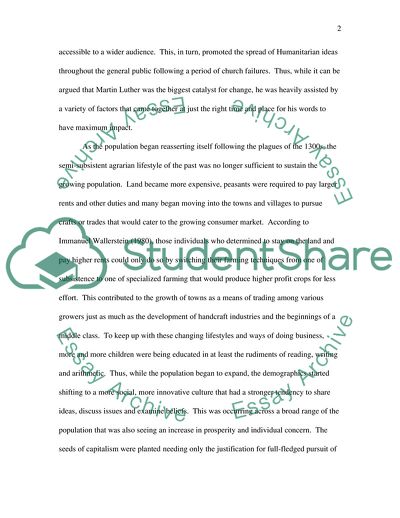Cite this document
(The Role of the Printing Press in the Protestant Reformation Essay Example | Topics and Well Written Essays - 1500 words, n.d.)
The Role of the Printing Press in the Protestant Reformation Essay Example | Topics and Well Written Essays - 1500 words. https://studentshare.org/history/1737788-was-the-printing-press-central-to-the-success-of-the-reformation
The Role of the Printing Press in the Protestant Reformation Essay Example | Topics and Well Written Essays - 1500 words. https://studentshare.org/history/1737788-was-the-printing-press-central-to-the-success-of-the-reformation
(The Role of the Printing Press in the Protestant Reformation Essay Example | Topics and Well Written Essays - 1500 Words)
The Role of the Printing Press in the Protestant Reformation Essay Example | Topics and Well Written Essays - 1500 Words. https://studentshare.org/history/1737788-was-the-printing-press-central-to-the-success-of-the-reformation.
The Role of the Printing Press in the Protestant Reformation Essay Example | Topics and Well Written Essays - 1500 Words. https://studentshare.org/history/1737788-was-the-printing-press-central-to-the-success-of-the-reformation.
“The Role of the Printing Press in the Protestant Reformation Essay Example | Topics and Well Written Essays - 1500 Words”. https://studentshare.org/history/1737788-was-the-printing-press-central-to-the-success-of-the-reformation.


